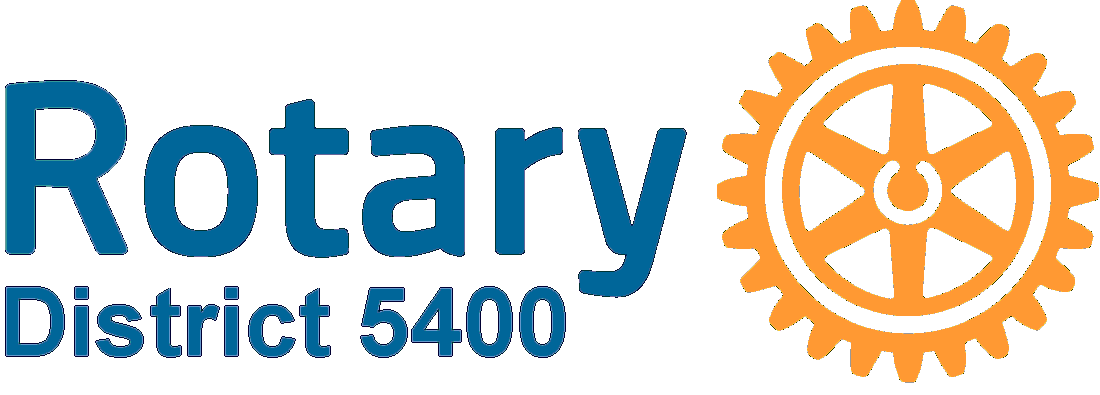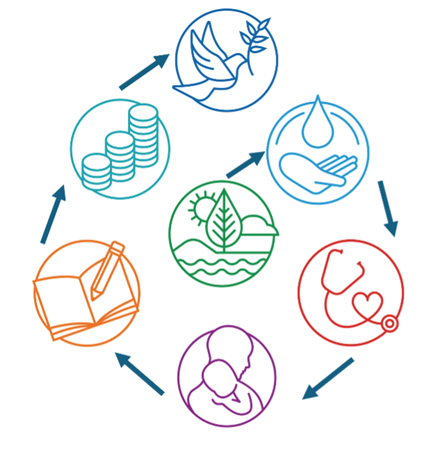On February 23, 1905, the first Rotary meeting took place. Imagine the immense good we’ve accomplished since then—the countless communities that have benefited, from Rotary’s first comfort station (a public toilet in Chicago) to today’s Programs of Scale. Think of the millions who now live healthier lives thanks to polio vaccines, the hours of service, the generous donations, and the lifelong relationships built along the way.
As a member of a four-generation Rotary family, this legacy resonates deeply with me. Yet, all our efforts are now at risk from the Triple Planetary Crisis: climate change, biodiversity loss, and pollution. How could these environmental challenges threaten everything we’ve worked so hard to achieve?
The earth provides the water and air essential for life and is foundational to Rotary’s causes like water, sanitation, and hygiene (WASH). Clean water is critical to preventing disease and protecting mothers and children. Healthy children can attend school, fostering Basic Education. Healthy, educated citizens drive thriving local economies. Together, these build a foundation for Peace—because without them, we end up fighting over scarce resources.
Rotary’s Seven Areas of Focus lay the groundwork for a better world. But what ties them all together? The answer lies in how we began in 1905: working together. In my grandfather’s club, many different businesses (diversity) worked to support the community (common good).
Today, as in the past, we depend on our diversity to survive and create a better world, especially for those most in need. But this time, our work must also focus on safeguarding the very foundation of all life: our environment. Clean water, clean air, and a stable climate are the threads that connect all we strive to achieve.
Addressing the environmental crisis is not just an additional goal—it’s essential to ensuring that our 120-year legacy of service continues to thrive. Together, we can rise to meet this challenge, protect the planet, and build a healthier, more sustainable future for generations to come.
Published simultaneously with ESRAG.org newsletter. Reprinted with permission.



